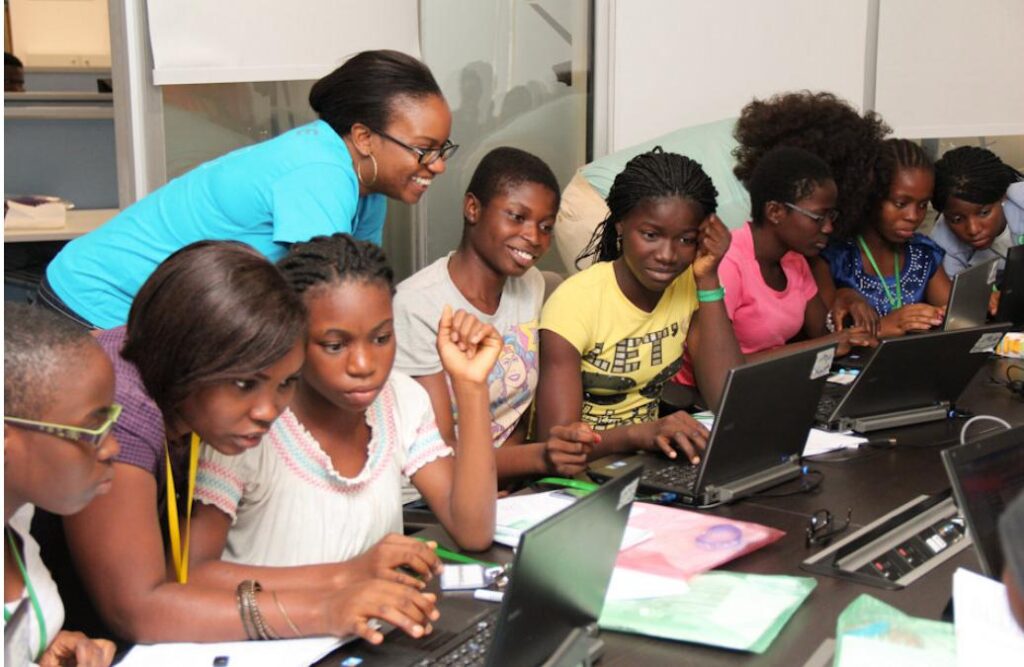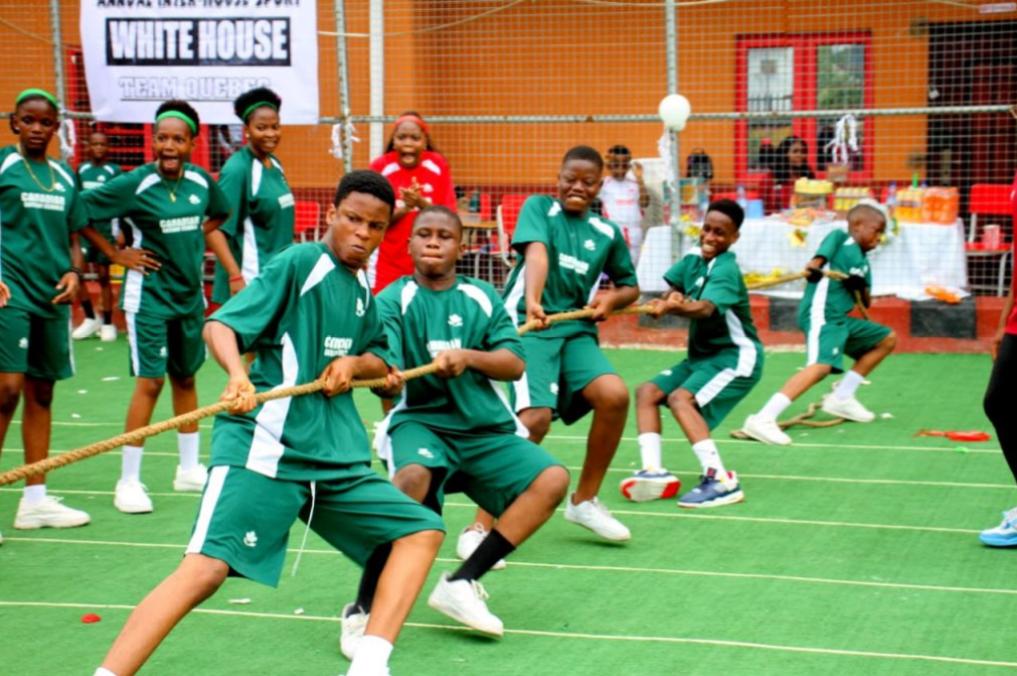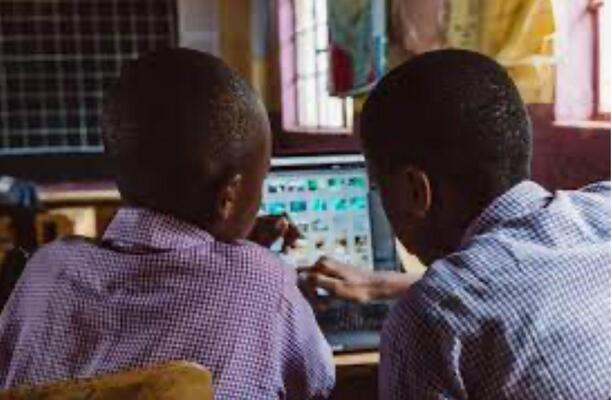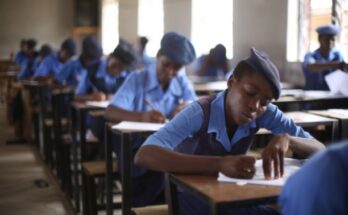By Sunkanmi Adewunmi
In Lagos these days, summer holidays often mean more studying, not less. As educator Audrey Momodu notes, many Nigerian children “don’t know it’s a holiday” once term ends, because they are sent straight to holiday lessons. Lagos State authorities and local governments even mandate or offer summer programmes. For example, in 2025, the Epe LGA Chair, Princess Surah Animashaun, launched free summer classes to “keep young minds actively engaged” and “reinforce their academic foundation” before the next term. Today’s Lagosians often juggle pool time with maths drills: from enrichment camps to old-school cram sessions, many students – from primary through to tertiary – spend part of July and August in class.
Key reasons parents embrace summer school
- Preventing “learning loss”. Many fear that a long vacation erases hard-won knowledge, so holiday classes help to reinforce the academic foundation. A parent quoted by an NGO said families send their children to summer school mainly because they “don’t want them to regress academically” during the long break.
- Safe, supervised childcare. With working parents (and househelps sometimes unreliable), a structured summer programme is a convenient solution. As the Epe LGA Chair put it, the free lessons were designed to keep children busy “to the advantage” of their future and national development.
- Exam preparation. In Nigeria’s exam-driven system, older students (SS2/SS3, undergraduates, etc.) use summer to get ahead on WAEC, NECO, or JAMB material. As one SS2 student explained, she “prefers to go for summer lessons” so she is ready for the very tough SS3 year and external exams.
- Skill-building and creativity. Some camps focus on STEM, arts, or entrepreneurship, not just maths drills. For instance, Teesas Education in Lagos offers a summer programme where students explore coding, graphic design, robotics, and business-pitch projects. The founder, Mr Osayi Izedonmwen, describes it as a “launchpad for tomorrow’s entrepreneurs, innovators and changemakers,” blending academics with hands-on skill training.

Voice of the people
Views are divided. Some parents and educators say a break is crucial: as one teacher–parent put it, the holidays should be for “mental rejuvenation” and light skills work (such as programming), not a new round of exams. One mother mentioned that she lets her children rest for a week and then teaches them a trade – such as sewing or phone repair – before the term starts. Others feel they cannot afford idleness.
How Lagos runs summer lessons
Both public and private institutions contribute. Lagos State has launched special holiday STEAM courses (science, technology, engineering, arts, and mathematics) in hundreds of schools, aiming to “enrich students’ knowledge” while they are off the regular calendar. In Epe LGA, for example, classes are held at four centres (community schools) so that families can easily bring children, with the Chair urging parents to “take full advantage of this golden opportunity”.
Summer school can be fun, too.
Not all holiday classes are dusty drills. Many programmes highlight creativity and play alongside learning. Volunteer tutors and NGO-led classes also mix sports, field trips, and life skills with academics. The idea is to keep cognitive engines running in fun and creative ways. Such programmes promise that students will sharpen core skills while exploring new interests, turning summer ‘homework’ into hands-on workshops.

Concerns and drawbacks
Critics warn that non-stop academics can backfire. Childhood advocates argue that children need downtime and play – after nine months of school, even Lagos families deserve a break. One columnist has called aggressive summer coaching “economic exploitation” that breaks family bonds and wears out underpaid teachers. In some Lagos schools, teachers report being compelled to teach summer classes with no extra pay, effectively working on their regular salary while proprietors are away. There is also a social divide: expensive private camps mean poorer children often miss out. And as one Guardian commentator puts it, sending a seven-year-old into an all-day July class can feel like “denying kids their childhood”.
A fine balance
Lagos’s summer school trend reflects parents’ hopes and pressures: every family wants an edge, but opinions differ on whether summer should be spent on school or rest. Most agree on one point: children who study should also have time to play, travel, or learn life skills. As one parent summed it up, holidays are long, and it is better to combine “skills, rest, and fun” than grind without pause. Policymakers suggest a middle path: offer enrichment and catch-up classes, but allow choice and creative breaks so children can “return refreshed and ready to learn”.








